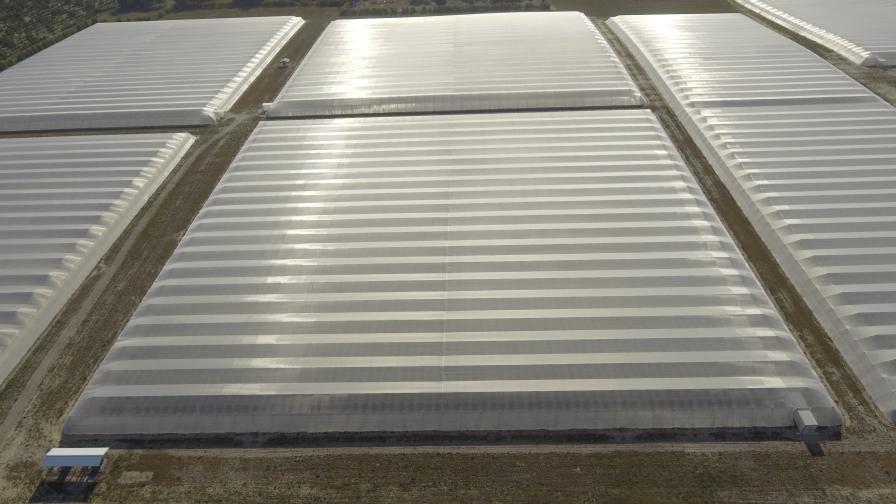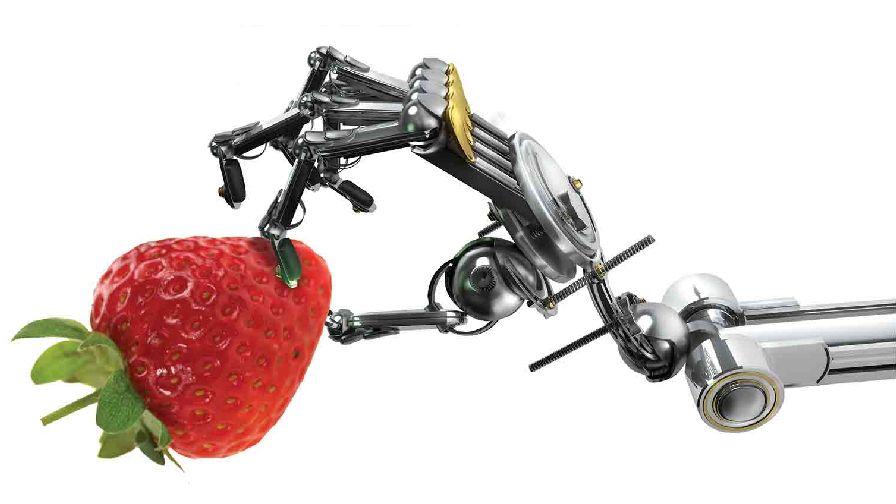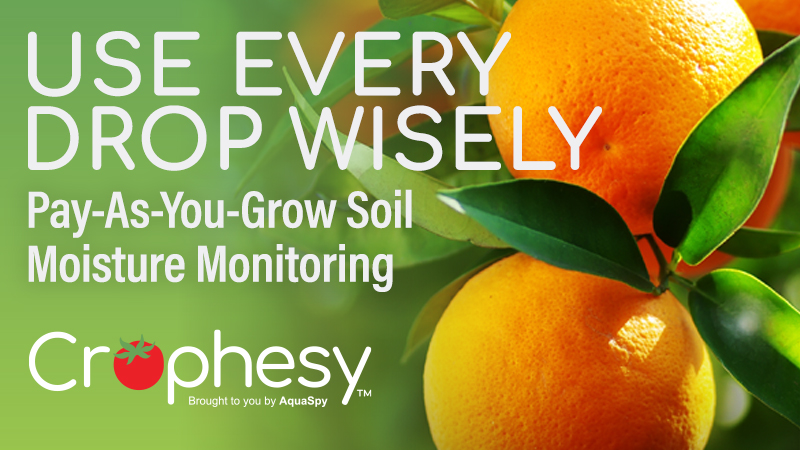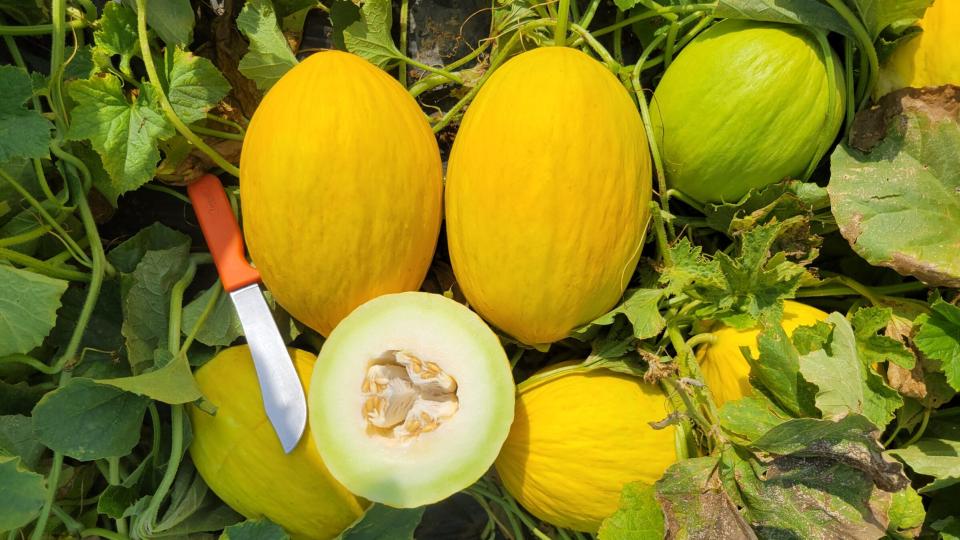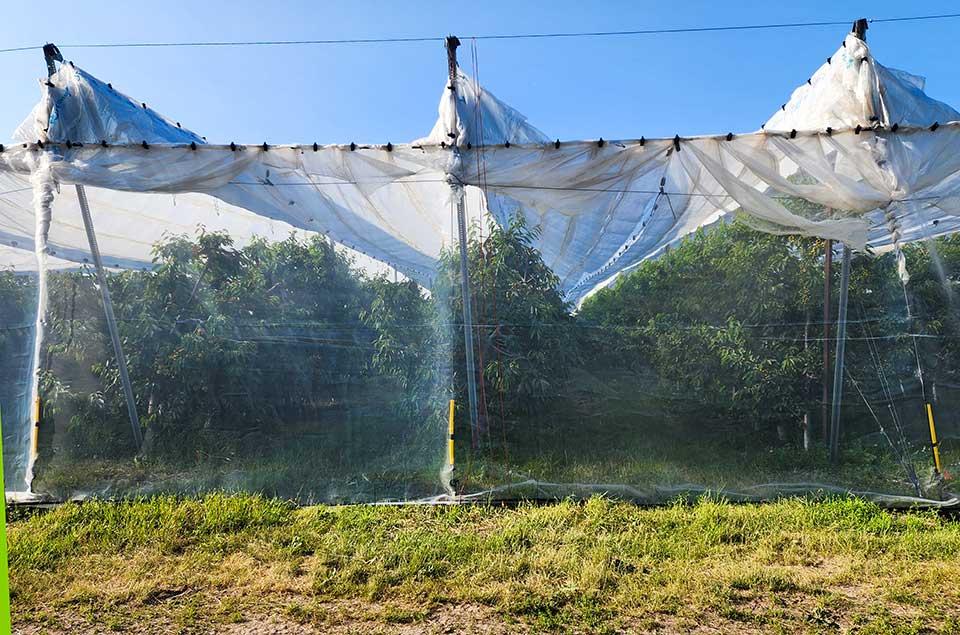A New Approach To Managing Apple Replant Disease
Mark Mazzola, an Agricultural Research Service (ARS) plant pathologist, is studying amoebas and the bacteria they stalk in the soil as part of a broader effort to create new, integrated approaches to managing apple replant disease.
In western states, this disease, which affects young trees, can diminish gross returns of up to $40,000 over 10 years. A complex of pathogens causes the disease, notably Rhizoctonia fungi, Pythium oomcetes, and Pratylenchus penetrans, a parasitic nematode.
As an alternative to chemically fumigating the soil, Mazzola is examining ways to bolster resident populations of Pseudomonas bacteria, whose habitation of soils around tree roots helps keep pathogens at bay. While conducting research at the ARS Tree Fruit Research Laboratory in Wenatchee, WA, Mazzola observed that when pursued in soils by single-celled predatory amoebas, the rod-shaped Pseudomonads band together and secrete a biochemical defense called cyclic lipopeptides (CLPs). These CLPs stop amoebas by blowing them apart, according to Mazzola.
The CLPs also enable the Pseudomonads to form biofilms, further contributing to their usefulness as apple replant controls.
Source: ARS News Service





